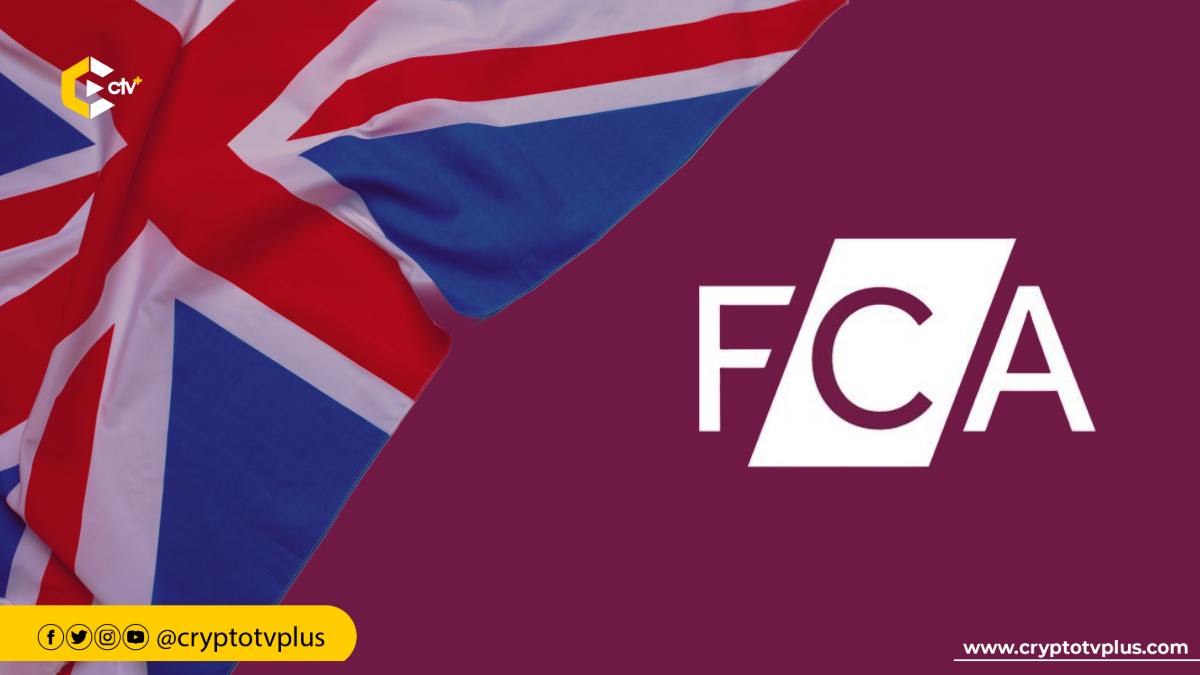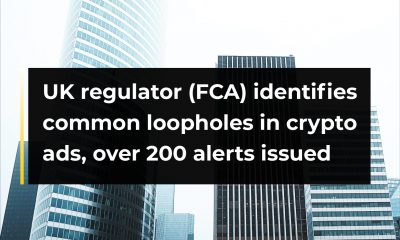News
Bank of England & FCA unveil Digital Securities Test Zone

The Bank of England (BoE) and the Financial Conduct Authority (FCA) have officially launched the Digital Securities Sandbox (DSS), inviting applications from firms interested in utilizing technologies like distributed ledger technology (DLT) for the issuance, trading, and settlement of digital securities.
This initiative aims to provide a controlled environment where innovators can explore these technologies while ensuring financial stability. The duo first announced plans to launch a digital asset sandbox earlier this year in April. According to the FCA executive director, the new digital securities sandbox reshapes how they regulate.
The DSS will operate until at least December 2028, with the application window closing approximately one year prior. The sandbox is open to firms of all sizes legally established in the UK, supporting a range of financial instruments including equities, corporate and government bonds, and money market instruments. Notably, cryptocurrencies and derivatives are excluded from the sandbox’s scope.
Sarah Breeden, Deputy Governor for Financial Stability at the BoE, stated that the DSS will offer a guided environment for innovation while maintaining safety within the financial system. The FCA also highlighted that this initiative could lead to a more collaborative approach to regulatory changes in financial markets.
This launch follows a consultation period where feedback indicated strong support for the DSS concept. This prompted adjustments to its initial framework, including extending its scope to non-GBP denominated assets and adjusting capital requirements for participants.
The Bank also said that “the DSS is open to firms of all sizes and at all stages of development as long as they are legally established in the UK.”
“This could be an existing financial institution that is already authorised or recognised under current regulation or a new entrant to the market,” it added.
The UK’s digital economy is growing fast, thanks to new technology and government efforts. In 2019, the digital sector added almost £151 billion to the economy, making up about 9% of the workforce. Since 2015, the digital economy has been growing nearly three times faster than the overall UK economy.
The UK government sees big opportunities in digital technologies, especially artificial intelligence (AI), and wants the country to become a leader in science and technology by 2030.
Research shows that digital technology could add another £520 billion to the economy by that time. In 2023, about 39% of UK businesses reported using AI, which is more than in previous years. This use of technology is expected to boost automation, efficiency, and earnings in many industries.
However, there are still challenges. Not all regions are adopting digital technologies at the same rate. For example, areas like Wales and the South West of England are slower to adopt these technologies compared to places like London and the South East.
























